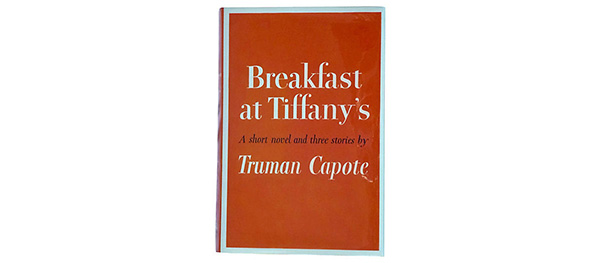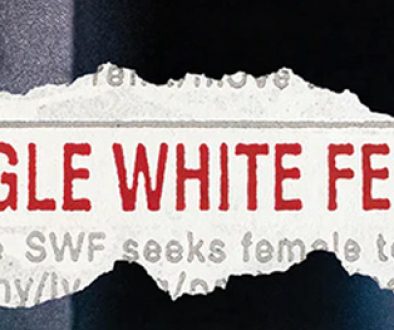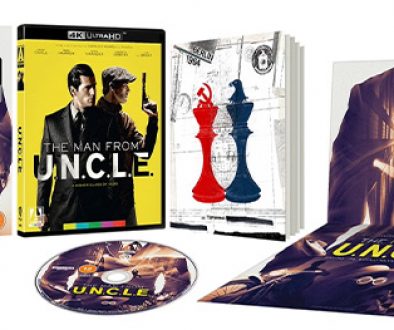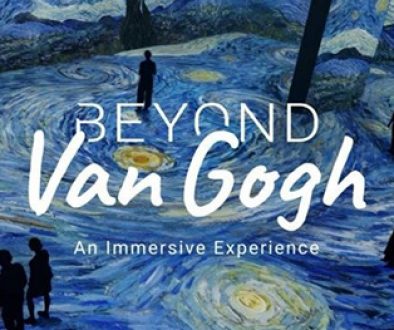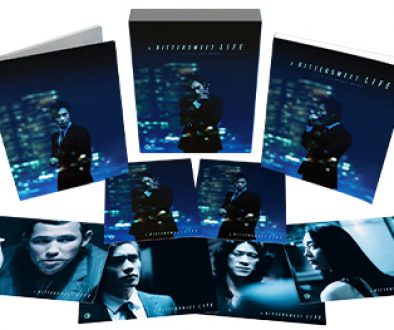Review: Breakfast at Tiffany’s
When people talk about or mention Breakfast at Tiffany’s they most likely think of the movie starring the legend that is Audrey Hepburn. I mean, who could forget the iconic opening scene in the black dress at pearls, eating a croissant outside of Tiffany’s. (Honestly, who could forget all of the iconic fashion in that movie, but that is another topic, as I could spend forever talking about Audrey Hepburn and her fashion.) No we are here to talk about the book that inspired the movie.
Breakfast at Tiffany’s is a story written by Truman Capote. What surprised me the most about the novel is that it’s short – very short. The edition that I have is only 108 pages, and the font is quite large and doesn’t fit the entire page. With breaks, it only took me three hours to complete the whole thing. Nonetheless, it was an enjoyable read. At no point was I bored; however, this could be influenced by the fact I had seen the film first and was comparing the book to the film, and waiting to see what things would be similar etc.
The main events that are featured in the film do feature in the book, such as Holly’s part and throwing the cat out of the car, but as to be expected they were changed slightly and re-arranged. However, there were a significant amount of differences in the novel, right from the get-go, that it slightly through me off when I began reading the novel.
Where to start? I suppose I’ll start with the fact that the protagonist of the book is never named. He is only occasionally referred to as ‘Fred’ by Holly, because he looks like her brother Fred, but other than that there is no mention to a name. Some may think that this would make reading the book difficult to follow along, which may have been the case if it had been written in 3rd person. But, since it was written in 1st person, a lack of name did not seem to matter, and did not falter the rhythm of the story. Another important note to add is the revelation of important character in the plot of the novel, Joe Bell. I believe that him, including other minor details, is what changes the story from being a stereotypical romance novel, (which, personally, I do not think it is, but I will talk more about that later on.)
Something that the novel does, is Capote makes the hints that Holly is a prostitute much more obvious. Whereas the movie makes it seem like she is an escort, but innocent, the novel has no shame in hiding the things she does for her money. The scene where Holly meets the protagonist by climbing through his bedroom window, in the novel, Holly arrives in just a dressing gown, covered in bite marks and bruises. Personally, I liked that they did this, to me, it helps with the characterisation of Holly. All of her decisions and her livelihood depends on her clientele which leads me to the most dramatic difference between the book and the film.
If you have seen the movie, you will remember the ending clearly. Holly after throwing her cat from the car, regrets her decision and goes to find him with the help of the protagonist; they are reunited, the pair kiss and they lived happily ever after… not exactly. Holly does throw the cat out of the car (or in this case limo) and goes to find him with the help from the protagonist. He is nowhere to be found. Protagonist promises Holly he will find the cat and look after him, Holly gets back in the car and leaves for Brazil. That’s right. In the book Holly leaves. There is no kiss, no reunion with Cat. She leaves and protagonist doesn’t see her again. The beginning of the novel actually starts with Protagonist and Joe Bell discussing how they haven’t seen Holly for years and wonder where she is and how she is.
That’s all the spoilers I’m going to reveal about Breakfast at Tiffany’s but I recommend if you have seen the movie to read the book, and spot the difference. It’s really intriguing to see how they made this short story into such an iconic movie, and how they really managed to drag such a convincing love story from it. Capote has such a unique but captivating voice throughout the entire novel. His use of long sentences really emphasises the rushed past of the novel, not giving the reader time to stop and breathe before Holly has moved onto something else. I read a few parts of the book aloud and found that the way the words spill over from the tip of your tongue have a way of sounding so charismatic, so if possible, please do read this story aloud whether it be to yourself or others. And on a final note, if you haven’t seen the movie (after reading the book) you must watch it! I mean, come on, it’s Breakfast at Tiffany’s.
Review by Megan.
If you want to buy anything reviewed on our site (or anything at all!), then please use the affiliate links here on our website and help support us. Thank you.

